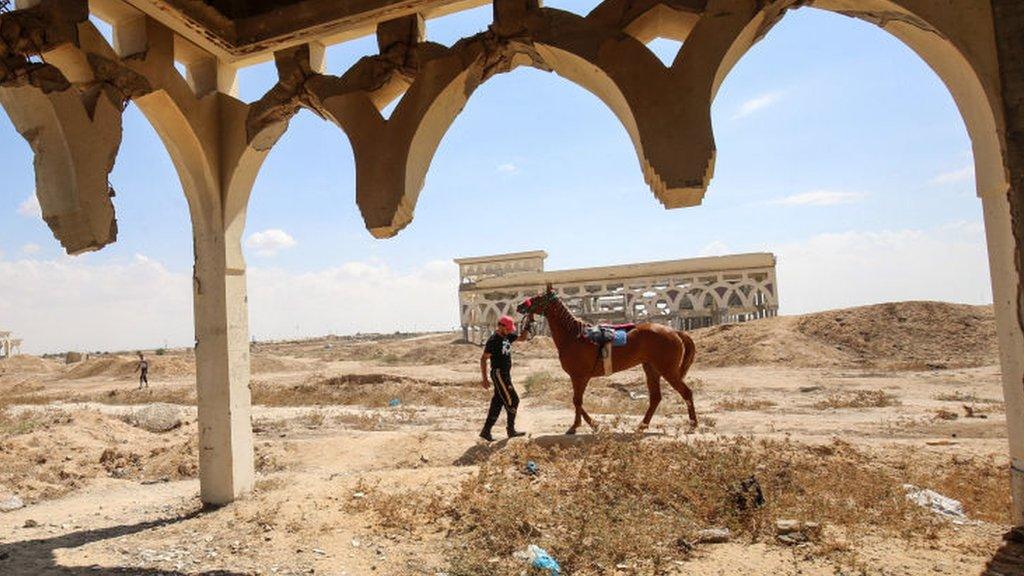Israel-Gaza briefing: Is now the time Palestinian politics can start afresh?
- Published
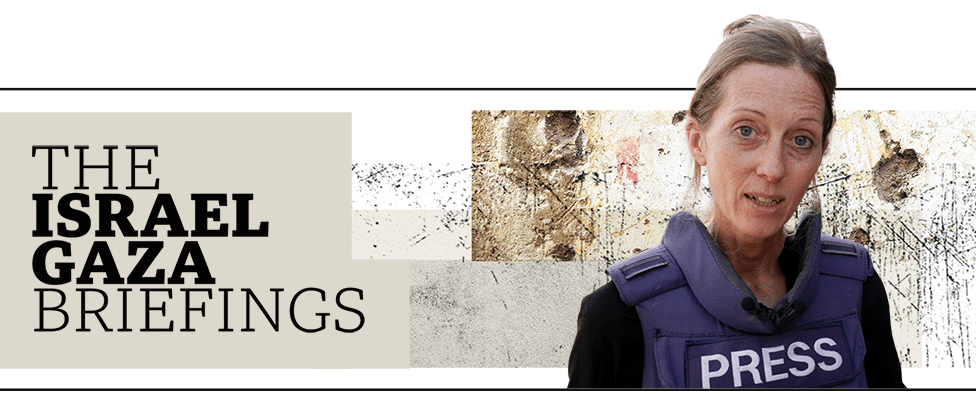
If you wanted to map the path to a healthy, functioning Palestinian government, you probably wouldn't start from here.
The last time Palestinians had the chance to vote for their national leaders was 18 years ago, and those elections sparked a civil war in Palestinian politics.
That isn't a metaphor: Hamas, which won the elections, and Fatah, the biggest political faction, were shooting each other in Gaza's streets.
The fighting ended with Hamas taking control of Gaza, and Fatah running the occupied West Bank through the Palestinian Authority (PA).
It was a political cold war that lasted for a generation. That is where this journey starts.
The 7 October Hamas attacks on Israel, and the war in Gaza, ripped that picture to shreds: Israel says it is intent on eliminating Hamas as a governing and military force in Gaza. International eyes have turned towards the PA as the vehicle that might - with enough reform - carry Palestinians into a new, united post-war era.
There are many challenges ahead.
The first is credibility. The Gaza war might have exploded Palestinian politics, but one of the few things it hasn't changed is disillusionment with the PA, the body that the US is banking on to take charge of Gaza.
It is widely seen as corrupt and inefficient, and - by some - as a security enforcer for the Israeli government in the West Bank.
A poll this week by the respected Palestinian Centre for Policy and Survey Research in Ramallah suggested that a majority of Palestinians think the PA should be dissolved. And satisfaction with its president in the West Bank, Mahmoud Abbas, was just 8%.
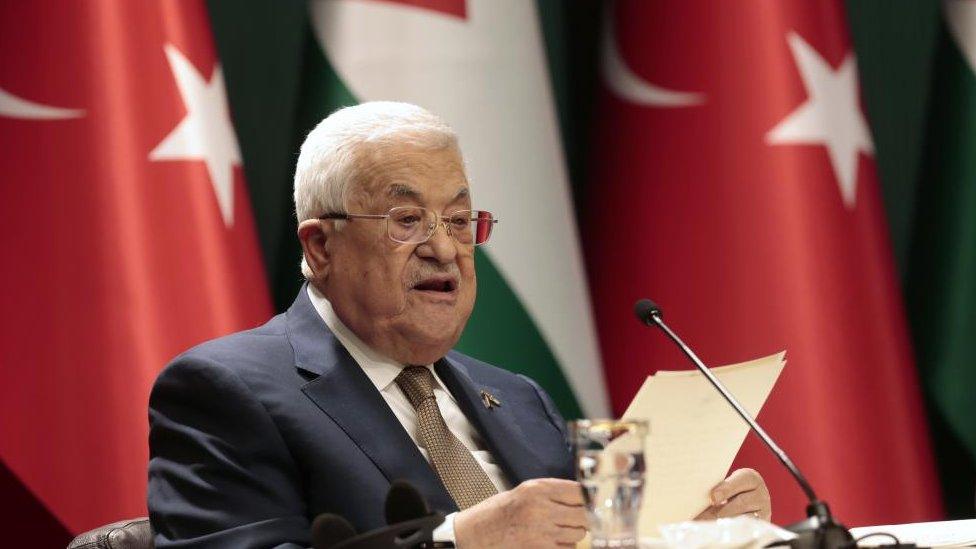
Mahmoud Abbas's popularity has plummeted
Mr Abbas has replaced his Prime Minister, Mohammad Shtayyeh, in an effort to signal reform - or "renewal" as the American government has termed it. But it has not really moved the dial.
The new prime minister, an economist called Mohammad Mustafa, has been tasked with heading a technocratic interim government, and bringing together all the Palestinian political factions - including Hamas - to find some sort of consensus around a new unified vision for the future.
And that is the second challenge: unity.
Sabri Saidam, a senior Fatah official, told me that the resignation of the government was designed to "open up the floor" to other factions - like Hamas - and give them "the space to reconsider their political stance, and their obligations in the future - and also their role, given the changes that have happened since 7 October".
"We have been talking to Hamas indirectly," he said. "We have restated the importance of adhering to the […] two-state solution," referring to the idea that Israelis and Palestinians could live side-by-side in separate countries.
"And we have received positive signs."
Last month, representatives from Fatah and Hamas sat down in Moscow with other Palestinian factions to discuss a way forward.
This time, things have to be different. We don't have the luxury of time to play with words without walking the talk
It was seen as a positive sign that Hamas backed a statement from that meeting, pledging support for the Palestine Liberation Organisation (PLO), an umbrella group for Palestinian political movements that negotiated a previous peace deal with Israel.
But that feelgood moment in Moscow was quickly shattered when Hamas reacted furiously to the appointment of Mr Mustafa, accusing Mahmoud Abbas of acting unilaterally and taking "empty steps" without national consensus.
"Hamas did not react the way we had anticipated," said Sabri Saidam, although he believes it follows a familiar pattern of behaviour by the group.
"We hear some positive remarks [from Hamas], but then when it comes to practical engagement, there's always a setback," he told me.
"This time, things have to be different. We don't have the luxury of time to play with words without walking the talk."
Fatah hit back, accusing Hamas of triggering "a catastrophe" for the Palestinian people by attacking Israel on 7 October; a catastrophe that was worse, it said, than the displacement of hundreds of thousands of Palestinians in 1948, when the Israeli state was created.
Sabri Saidam says the party is now waiting to see whether this incident marks the end of Hamas talking to the PLO, "or is just a reflection of the chaos Hamas is in".
It's early days, but so far the "renewal" of the PA hasn't yet delivered either unity with rival political factions, or credibility with the Palestinian people.
Elections - and a new leader - might help with both.
"It's so depressing to be 33-years-old - like I am now - and I haven't voted even once in my country," said Arab Barghouti, son of the jailed political leader Marwan Barghouti.
"People my age are ministers or parliament members in many other countries, but for us it's a dream to vote," he told me. "We need that renewal in the whole system - and that can only happen with elections."
Arab's father Marwan - currently serving five life sentences for murder in an Israeli jail - is probably the most popular figure in Palestinian politics. His supporters call him the Palestinian Mandela.
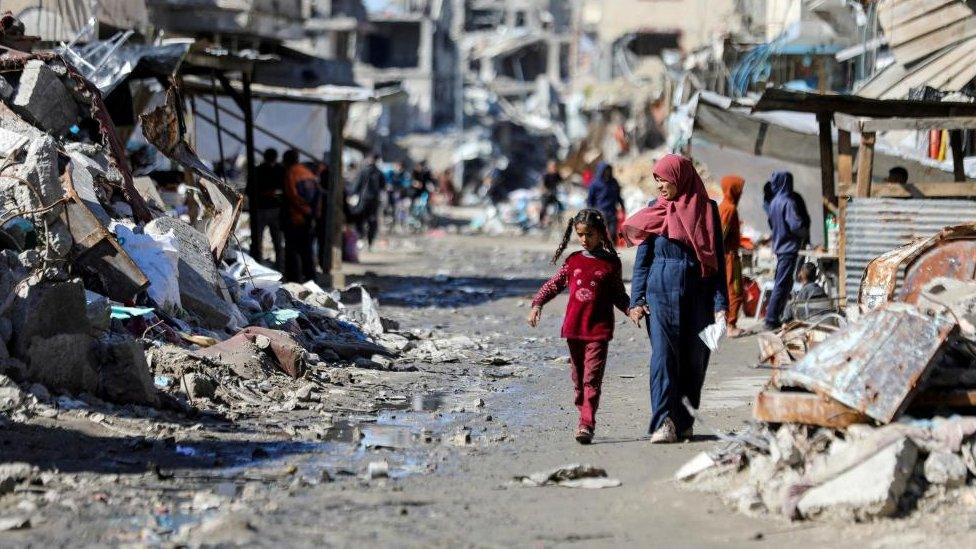
Large parts of Gaza have been destroyed in the Israeli operation
He is one of few figures who could potentially unite the different Palestinian factions. And his name is likely to be near the top of the list of Palestinian prisoners that Hamas would want released in exchange for freeing Israeli hostages held in Gaza.
But Barghouti was blocked from a previous prisoner exchange deal in 2011, and Israel's government has little incentive to agree to his release now.
The Israeli Prime Minister, Benjamin Netanyahu, has proudly declared that he will block the formation of a Palestinian state and is widely seen as having promoted division between the West Bank and Gaza as a way of doing that.
A popular, unifying figure like Barghouti - convicted of murdering Israelis - is the last person he wants leading the Palestinians.
Mahmoud Abbas also has much to fear from his release.
In their polling, the Palestinian Centre for Policy and Survey Research pitted Marwan Barghouti against both Mahmoud Abbas, and Ismail Haniyeh from Hamas.
Marwan Barghouti would win by a mile against either of them, the projections suggested.
There are other figures who are seen as potential bridge-makers - Mohammed Dahlan is one - but even a unifying figure, or credible elections, won't solve all the problems facing Palestinian politics.
It won't, for example, solve the problem of what to do with Hamas.
To what extent Hamas still holds power in Gaza, after more than five months of war, is complicated and difficult to assess.
There have been reports of law and order breaking down, and of armed gangs linked to Gaza's big families competing for resources.
But Hamas fighters are still confronting Israeli forces across the Gaza Strip, most of its top leadership still appear to be free, and Israel says several Hamas battalions remain intact in the southern border town of Rafah.
Even the civilian committees responsible for distributing aid in Gaza City are overwhelmingly affiliated with Hamas, one resident said.
Any new administration in Gaza will need to have at least the tacit support of the group or face ongoing friction, or an insurgency.
The dilemma will be how to give Hamas a voice - even a discreet one - without triggering resistance from influential outside powers like the US - and, of course, from Israel, which is also trying to veto any role for the PA in Gaza.
Big question - support for Hamas
That dilemma is compounded by continued support for Hamas across both Palestinian territories.
Support spiked in the first few months of the war, and now seems to be falling a bit, but a majority of those interviewed by the Palestinian Centre for Policy and Survey Research said they wanted Hamas to run Gaza after the war; only 11% wanted the PA to take charge there.
The last time Palestinians voted in elections, in 2006, Hamas won. The chances of them being allowed to openly run candidates in any new elections are virtually zero - but that doesn't change the mood on the ground.
With Israeli forces still fighting their way through Gaza, the new shape of Palestinian politics is not yet fixed. How the war ends - and how strong Hamas remains after it - will be key.
The US government, among others, has dangled the old familiar prize of a future Palestinian state to encourage both Palestinian leaders and their Arab allies to unite around their vision.
But the failures of internationally backed peace deals - and the institutions they created - are already partly what drive support for armed groups like Hamas.
Preparing for elections is, Sabri Saidam believes, the biggest feasible step to restore faith in Palestinian politics.
The first priority will be reconstructing Gaza, he said. "But my personal take is that, once we engage in reconstruction, it will be extremely helpful if we set an election date within a year-and-a-half. And that the world realises we are serious."
For the past two decades, sea-changes in Palestinian politics have been rare - and sometimes violent.
Despite all this, Arab Barghouti is optimistic.
"We Palestinians don't have the privilege of being hopeless," he told me. "If we lose hope, we lose our country, we lose our land. Palestinians need hope. We haven't had hope in a very long time."

Israel-Gaza war: Death and Israel’s search for ‘total victory’
What are routes out of this 'dangerous moment' in Middle East?
Huge push for Gaza aid - but little hope for those suffering
Iran's sudden strikes show just how perilous region has become
Huge challenges for Israel on its vague 'day after' Gaza plan
Hamas support soars in West Bank - but full uprising can still be avoided
The status quo is smashed. The future is messy and dangerous
Bowen: US sets clearer red lines for Israel as ceasefire ends
Related topics
- Published15 March 2024
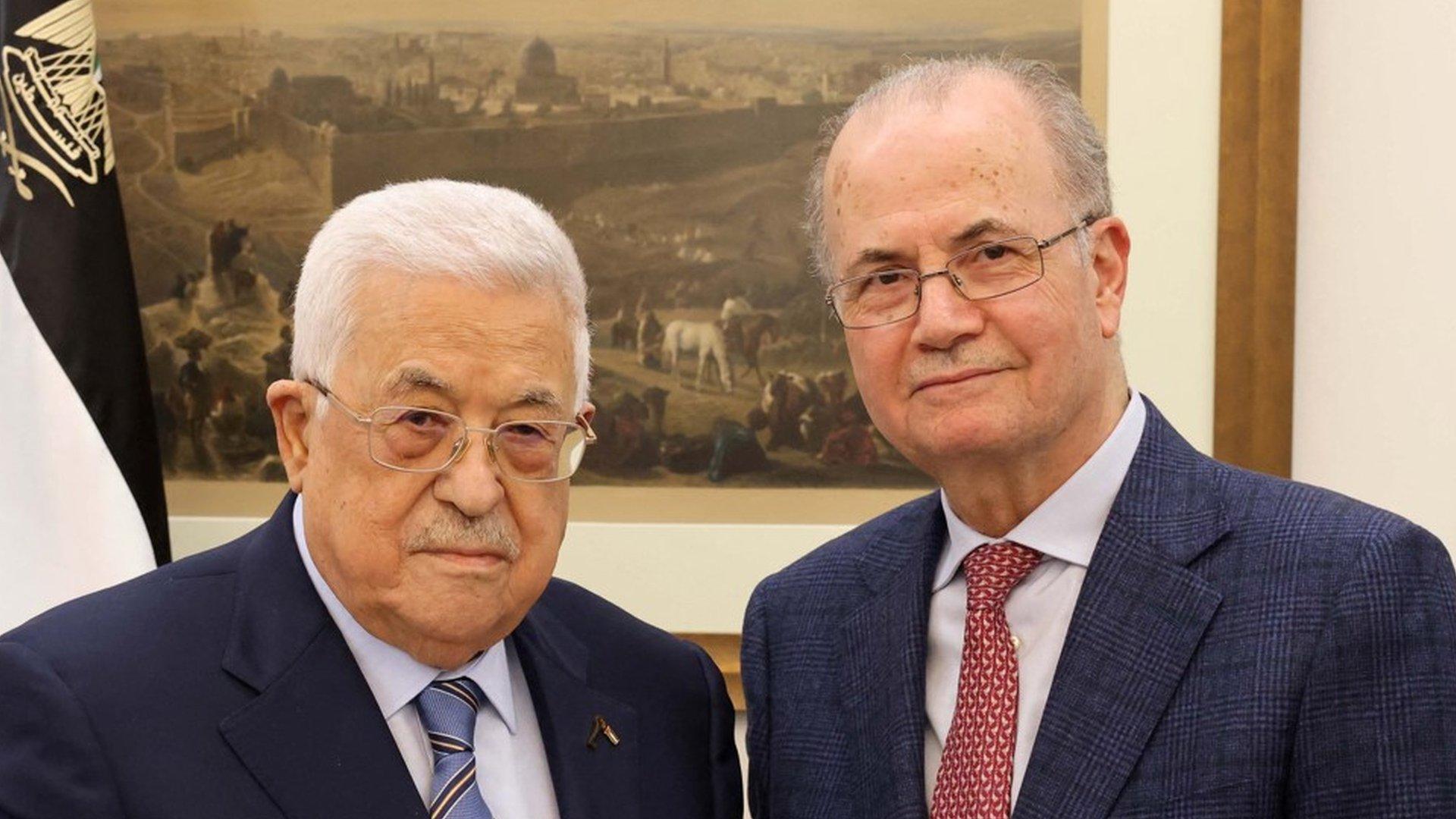
- Published18 February 2024
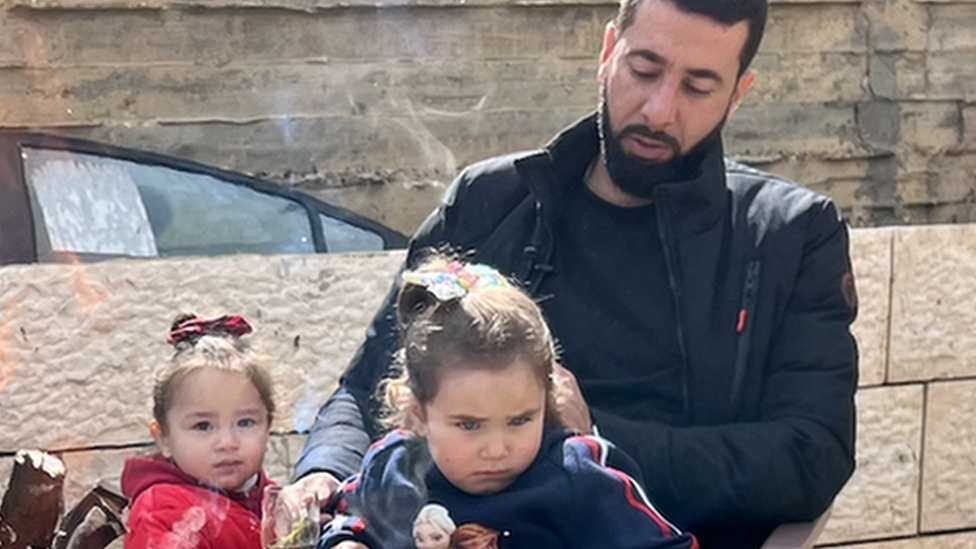
- Published25 October 2023
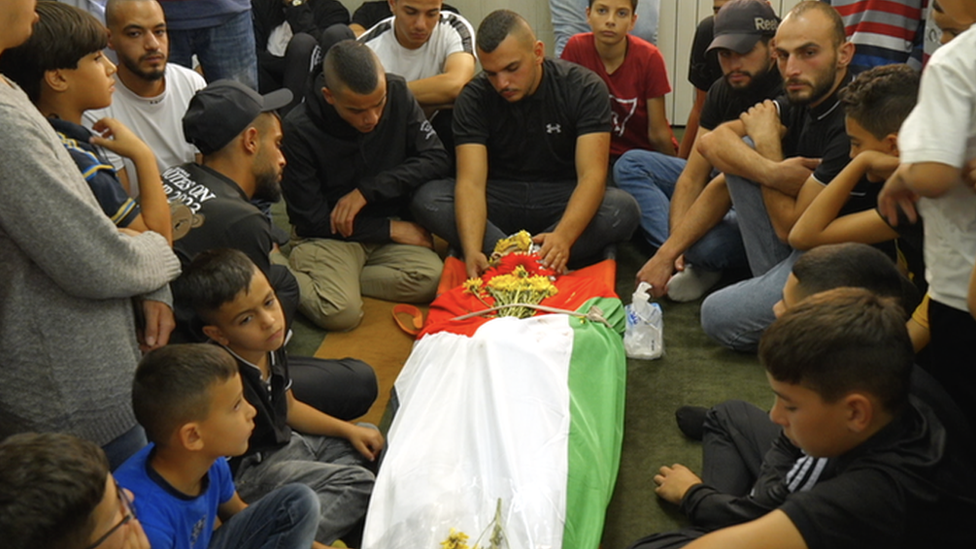
- Published6 January 2024
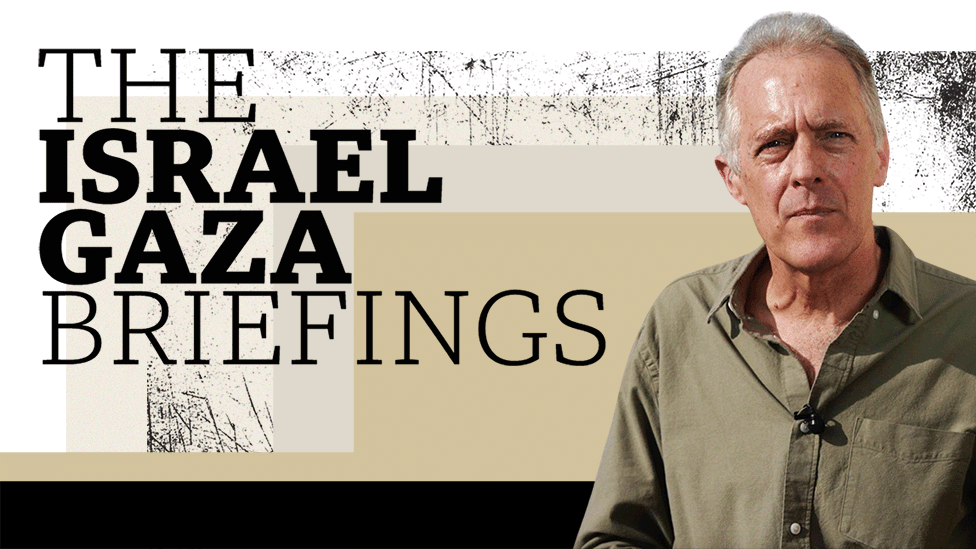
- Published13 September 2023
